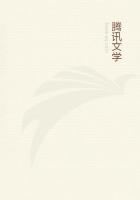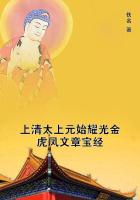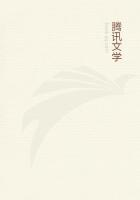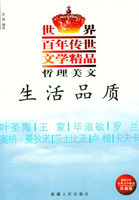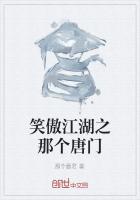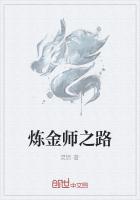After this short history of punning, one would wonder how it should be so entirely banished out of the learned world as it is at present, especially since it had found a place in the writings of the most ancient polite authors. To account for this we must consider that the first race of authors, who were the great heroes in writing, were destitute of all rules and arts of criticism; and for that reason, though they excel later writers in greatness of genius, they fall short of them in accuracy and correctness. The moderns cannot reach their beauties, but can avoid their imperfections. When the world was furnished with these authors of the first eminence, there grew up another set of writers, who gained themselves a reputation by the remarks which they made on the works of those who preceded them. It was one of the employments of these secondary authors to distinguish the several kinds of wit by terms of art, and to consider them as more or less perfect, according as they were founded in truth. It is no wonder, therefore, that even such authors as Isocrates, Plato, and Cicero, should have such little blemishes as are not to be met with in authors of a much inferior character, who have written since those several blemishes were discovered. I do not find that there was a proper separation made between puns and true wit by any of the ancient authors, except Quintilian and Longinus. But when this distinction was once settled, it was very natural for all men of sense to agree in it.
As for the revival of this false wit, it happened about the time of the revival of letters; but as soon as it was once detected, it immediately vanished and disappeared. At the same time there is no question but, as it has sunk in one age and rose in another, it will again recover itself in some distant period of time, as pedantry and ignorance shall prevail upon wit and sense. And, to speak the truth, I do very much apprehend, by some of the last winter's productions, which had their sets of admirers, that our posterity will in a few years degenerate into a race of punsters: at least, a man may be very excusable for any apprehensions of this kind, that has seen acrostics handed about the town with great secresy and applause; to which I must also add a little epigram called the "Witches' Prayer," that fell into verse when it was read either backward or forward, excepting only that it cursed one way, and blessed the other. When one sees there are actually such painstakers among our British wits, who can tell what it may end in?
If we must lash one another, let it be with the manly strokes of wit and satire: for I am of the old philosopher's opinion, that, if Imust suffer from one or the other, I would rather it should be from the paw of a lion than from the hoof of an ass. I do not speak this out of any spirit of party. There is a most crying dulness on both sides. I have seen Tory acrostics and Whig anagrams, and do not quarrel with either of them because they are Whigs or Tories, but because they are anagrams and acrostics.
But to return to punning. Having pursued the history of a pun, from its original to its downfall, I shall here define it to be a conceit arising from the use of two words that agree in the sound, but differ in the sense. The only way, therefore, to try a piece of wit is to translate it into a different language. If it bears the test, you may pronounce it true; but if it vanishes in the experiment, you may conclude it to have been a pun. In short, one may say of a pun, as the countryman described his nightingale, that it is "vox et praeterea nihil"--"a sound, and nothing but a sound." On the contrary, one may represent true wit by the description which Aristaenetus makes of a fine woman:- "When she is dressed she is beautiful: when she is undressed she is beautiful;" or, as Mercerus has translated it more emphatically, Induitur, formosa est:
Scribendi recte sapere est et principium, et fons.
HOR., Ars Poet. 309.
Sound judgment is the ground of writing well.--ROSCOMMON.
Mr. Locke has an admirable reflection upon the difference of wit and judgment, whereby he endeavours to show the reason why they are not always the talents of the same person. His words are as follow:-"And hence, perhaps, may be given some reason of that common observation, 'That men who have a great deal of wit, and prompt memories, have not always the clearest judgment or deepest reason.'

